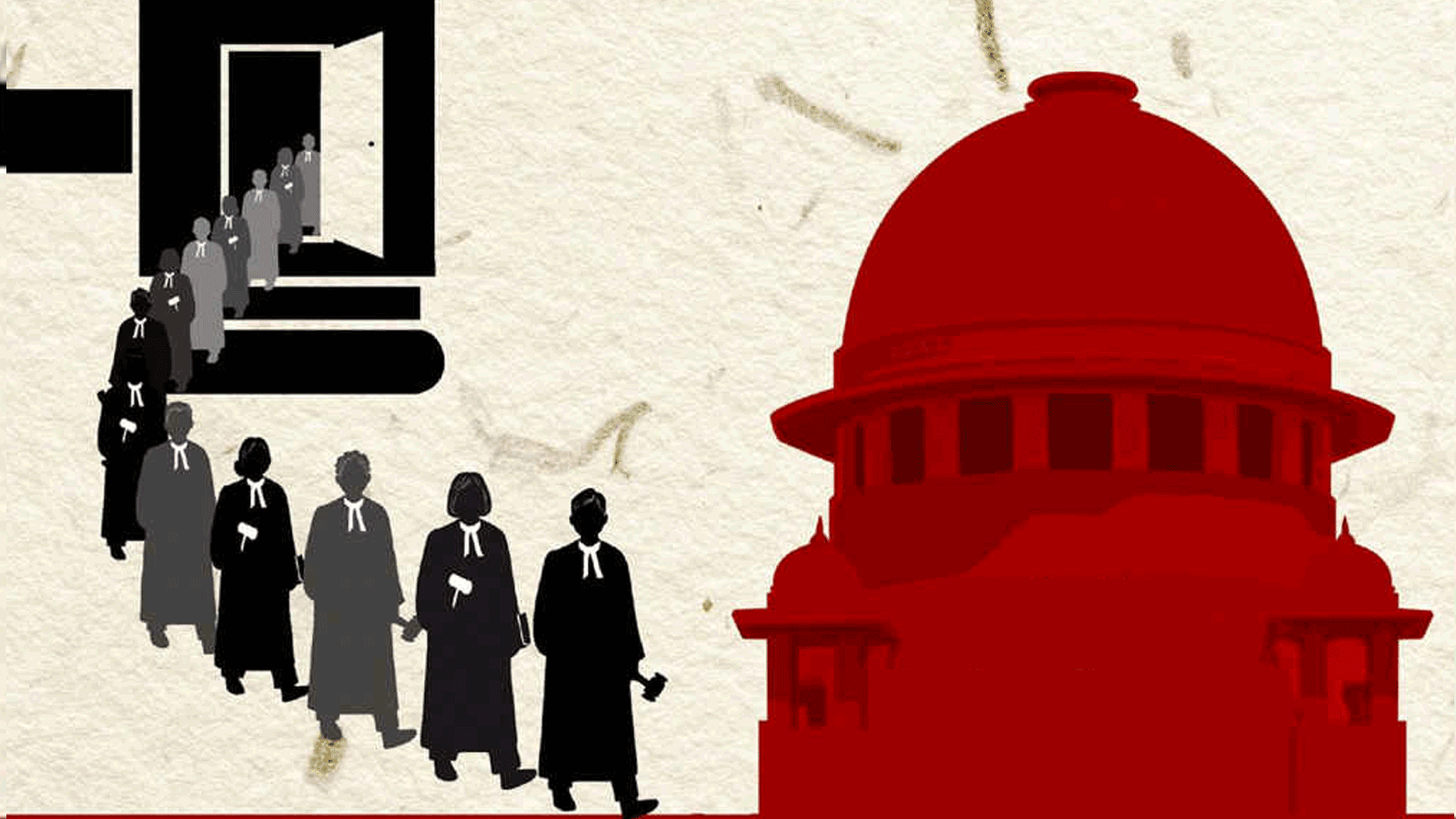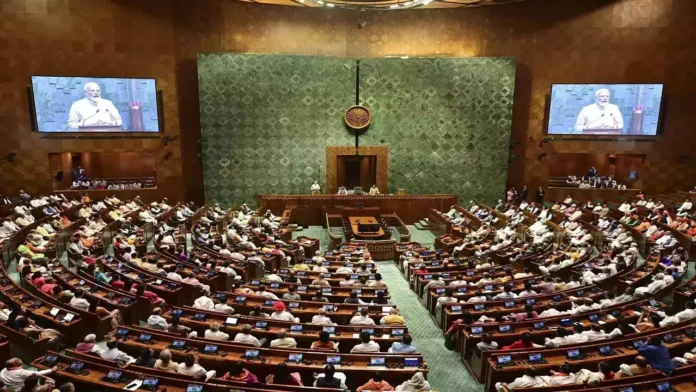India’s judiciary has long been regarded as a guardian of rights and freedoms, maintaining a delicate balance between justice, fairness, and due process. However, in recent years, growing concerns have been voiced by citizens, legal experts, and law enforcement officials alike that the judiciary has become excessively criminal-friendly, allowing offenders to exploit the system’s loopholes. With high-profile cases showcasing leniency, delayed justice, and even acquittals on technicalities, the question arises: is India’s judiciary too lenient towards criminals?
The Issue of Delayed Justice
One of the most glaring issues in India’s judicial system is the chronic delay in delivering justice. The old adage, “justice delayed is justice denied,” seems to echo louder every year as the courts remain burdened with a backlog of cases. According to data, there are over 40 million cases pending in India’s courts. This delay often allows criminals, especially those with political or financial influence, to manipulate the system through endless adjournments, appeals, and stay orders.
Criminals exploit this delay to continue their activities or evade punishment altogether. Victims are left waiting for years, sometimes decades, for justice to be served, while criminals roam free, often reoffending. The slow-moving nature of the judiciary gives the impression that the system, by default, is more favorable to the accused than to the victims.
Acquittals and Technicalities: A Safe Haven for Criminals?
Another point of contention is the rate of acquittals in high-profile cases involving serious offenses. Many cases, including those involving corruption, sexual assault, or even violent crimes, often end in acquittal due to a lack of sufficient evidence, procedural errors, or technicalities in the law. While ensuring that no innocent person is wrongfully convicted is essential, the leniency often displayed in high-profile cases raises eyebrows.
For instance, in cases where influential figures are involved, the judiciary has frequently been accused of turning a blind eye to overwhelming evidence or dismissing cases on the grounds of procedural lapses. Critics argue that such outcomes embolden criminals, who view the judicial system as one that can be “managed” or manipulated with the right connections or resources.
One notorious example is the acquittal of several political figures who were accused of heinous crimes, only to be let off due to lack of evidence, despite public outrage and media scrutiny. These cases have led to widespread disillusionment, with many questioning whether justice is reserved only for the powerful, while victims are left with no recourse.

Bail as a Legal Loophole
Bail is a fundamental right, intended to protect the accused from undue detention during the course of the trial. However, India’s judiciary has often been criticized for granting bail too readily, even to individuals accused of serious crimes such as murder, rape, or terrorism. This has led to a growing perception that bail is used as a loophole by criminals to evade justice.
In several cases, individuals accused of grave offenses have been granted bail and then absconded, further delaying the judicial process. In extreme cases, repeat offenders have been granted bail multiple times, leading to a mockery of the legal process and raising serious questions about the judiciary’s role in protecting society from dangerous individuals.
The Role of Political Influence
India’s judiciary is constitutionally independent, yet it is often criticized for being susceptible to political pressure and influence. High-profile cases involving politicians or influential businessmen often see undue delays, manipulation of evidence, or withdrawal of cases altogether. The blatant interference of political figures in legal matters has made many question whether the judiciary is truly independent and unbiased.
There have been several instances where politicians facing serious charges were acquitted or their cases were delayed indefinitely, allowing them to continue their careers unabated. This undermines public confidence in the judicial system and reinforces the belief that the powerful are immune from the law’s reach.
Reforms Needed: Strengthening Judicial Accountability
While it is essential to ensure that the rights of the accused are protected, India’s judiciary also needs to balance this with a stronger commitment to delivering timely and just verdicts. Judicial accountability must be emphasized to prevent the misuse of legal processes. Measures such as fast-tracking serious criminal cases, reducing unnecessary adjournments, and tightening bail procedures are crucial.
Additionally, judicial reforms aimed at clearing the massive backlog of cases are urgently required. Implementing technology-driven solutions, increasing the number of judges, and ensuring that cases are tried in a timely manner would help reduce the delays that criminals often exploit.
Another critical reform is the establishment of a clear, transparent system to prevent political interference in legal proceedings. Judicial independence must be maintained not only in theory but in practice, ensuring that no one, regardless of their power or status, is above the law.
Conclusion: Balancing Justice and Fairness
The notion that India’s judiciary is criminal-friendly stems from the perception that the system is too lenient, slow, and susceptible to manipulation. While protecting the rights of the accused is essential, the judiciary must strike a balance between due process and ensuring that justice is served. The current system, which often favors the accused through delays, technicalities, and bail provisions, has contributed to a growing public sentiment of injustice.
To restore faith in the judiciary, systemic reforms aimed at speeding up justice delivery, reducing political influence, and closing legal loopholes are crucial. Only then can India’s judiciary regain its role as a pillar of fairness, accountability, and justice for all.

